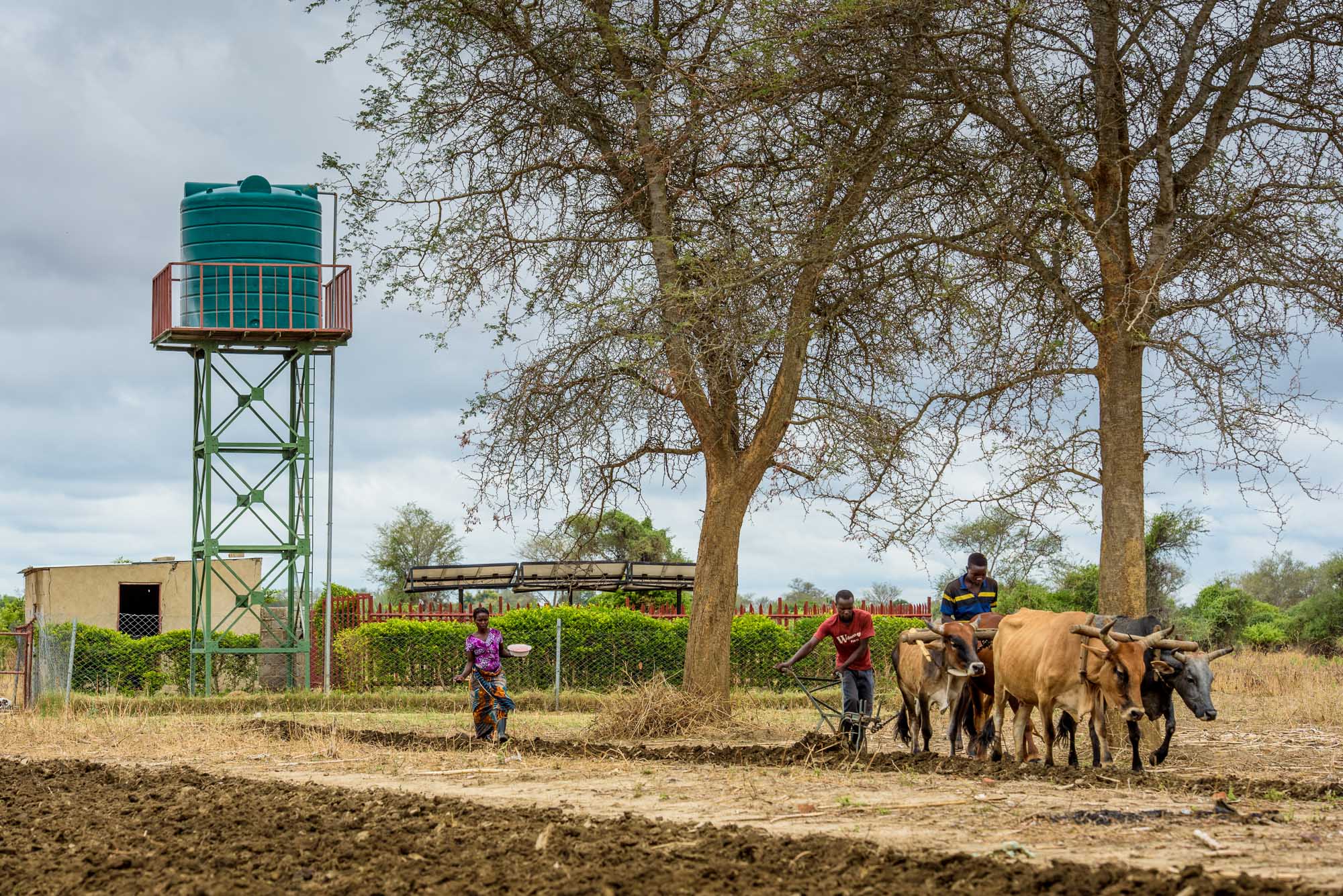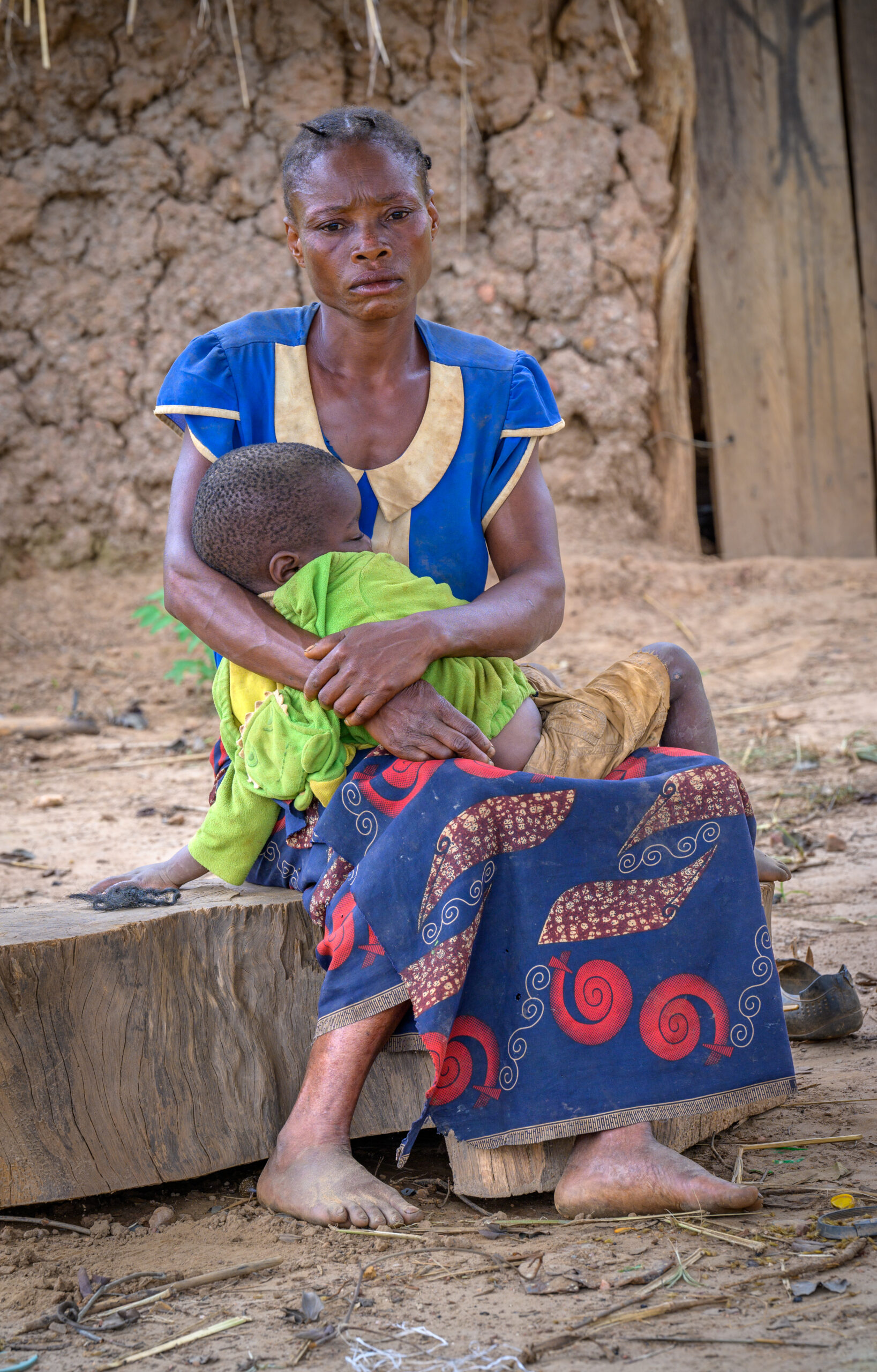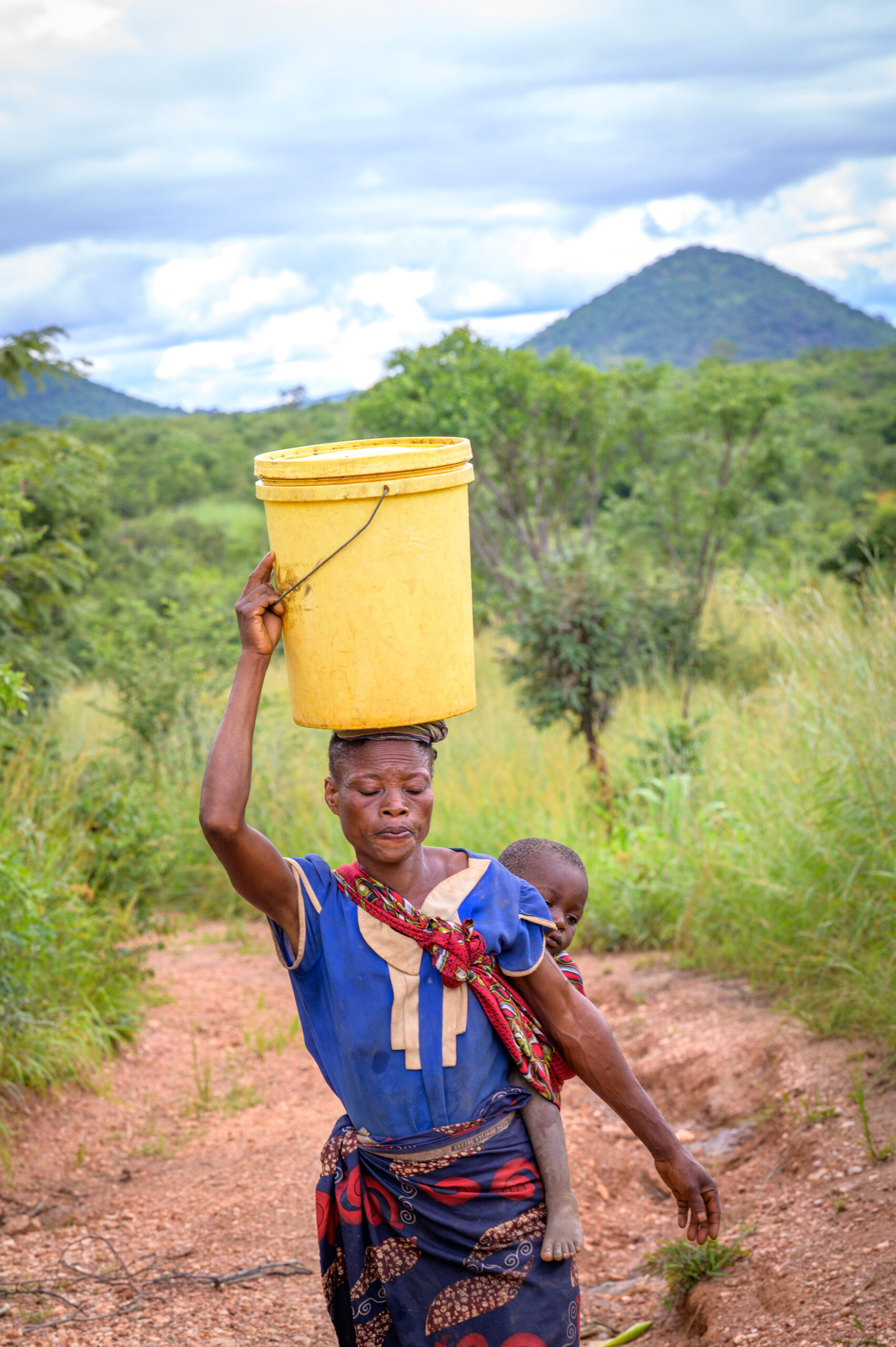EMERGENCY DROUGHT RELIEF ZAMBIA: April 10th, 2024

ZAMBIA FACING NATIONAL DISASTER
Dear Friends of Golf Fore Africa and Zambia,
The beloved people of Zambia are contending with severe drought which has prompted President Hakainde Hichilema to declare a national disaster and emergency as well as issue a call for support.
We are heartsick that the people we know and love, the people we have walked alongside as they become empowered and strive to be delivered from poverty, are now facing this horrific challenge. The drought is impacting over 9 million people throughout the entire country now facing lost crops, food scarcity, lost seed for future crops, a lack of irrigation, water shortages for people and animals, and sanitation issues.
Along with World Vision, we are responding to the call for support by setting up a campaign to address this crisis. We are asking our faithful followers who are able, to expeditiously contribute to our Zambia Emergency Response fund. These funds will be provided to World Vision to enable rapid support to battle this crisis.
Catherine Castelluccio
Chief Executive and Development Officer
Introduction
The Republic of Zambia is currently grappling with a severe drought, declared a national disaster and emergency by President Hakainde Hichilema. This distressing situation has led to a food security crisis, prompting urgent action from both governmental and non-governmental entities. With widespread implications on the nation’s agricultural sector and livelihoods, the drought has sparked a coordinated effort to mitigate its impacts and support affected population of over 9 million people countrywide. The coordinated response led by the country’s Disaster Management and mitigation Unit has set the stage for exploration of the challenges and responses associated with Zambia’s drought national disaster.
In response to the presidents call for support on the national disaster on droughts, World Vision
has embarked on a national drought response to safeguard the well-being children and vulnerable
across both operational and non-operational areas. This decision is based on the findings and
recommendations of the Disaster Declaration Group Call convened on March 6, 2024, to assess the gravity of the situation.
Context and Background
According to the twenty eighth Southern African Regional Climate Outlook Forum (SARCOF-28) held in January 2024 in Maputo, Zambia is experiencing the driest agricultural season in more than forty years due to a strong El Niño phenomenon over Zambia and other countries in the region.
The 2023/24 rainy season was characterized by a delayed onset of rains and a prolonged dry spell affecting the country’s southern half. The prolonged dry spell coincided with critical development
stage (flowering) of staple and economic crops, which has led to projected food insecurities, lack of pasture for livestock and wildlife and insufficient surface water replenishment.
As of February 2024, the top half of the country had recorded normal to above normal rainfall while the bottom half, which importantly contribute more than 60% of Zambia’s staple food production, had received below normal rainfall. According to Ministry of Agriculture forecast, 84 out of 116 districts of the country have adversely been affected with over 1 million of the 2.2
million planted hectarage lost. In total, over 9.5 million people from the 84 districts have been affected, of which 6.5 million need immediate support. The Zambia Metrological department has predicted that the prolonged dry spell will extend into March, posing challenges for any hopes of recovery. This comes after a poor harvest in 2022/23, characterized by flooding, the worst in over fifty years followed by a prolonged dry spell.
The President of Zambia acting on available and forecasted information declared the drought a national disaster and emergency on 29th February 2024 and called upon the international community and humanitarian actors to provide immediate humanitarian assistance to the 6.5 million people affected. The president further instructed the Minister of Finance to immediately re-align the national budget and free up resources for humanitarian assistance, among other measures put in place.
With the rising high cost of living and the worst economic challenges in decades, it is anticipated that the measures put in place, including re-purposing of the budget, will still be insufficient to meet the humanitarian needs especially that food may have to be imported as there are limited stocks of grain in-country.
How Can Golf Fore Africa and its supporters help?
It is anticipated that this humanitarian crisis will impact necessities, including food, water, and
sanitation. With your support, World Vision will be able to address critical needs across sectors,
ensuring the wellbeing and resilience of children and vulnerable adults affected by the drought. The specifics needs irrigation support to restore productivity at household level. Water and sanitation support in the form of borehole drilling, rehabilitation, water drinking points for animals, water schemes for schools or health facilities, emergency water trucking, and water quality monitoring.


